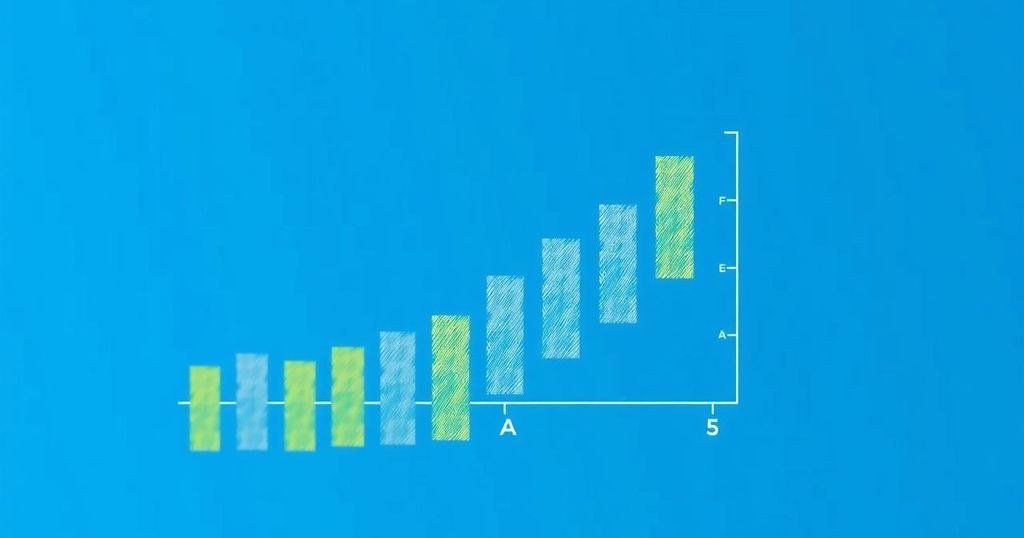The UN Human Rights Committee has ordered Venezuela to preserve voting tallies from the July presidential election amid claims of fraud. Allegedly, the opposition candidate Edmundo González won the election with 67% of the votes, contrary to the government’s claim of Maduro’s victory. The committee is investigating based on complaints related to electoral misconduct, emphasizing the need for transparency in the electoral process.
The United Nations Human Rights Committee has instructed the Venezuelan government to refrain from destroying the voting tallies from its presidential election held on July 28. This detailed documentation is critical, as it is at the center of the electoral dispute. Although President Nicolás Maduro was declared the victor by the National Electoral Council (CNE), the lack of official voting tallies to substantiate this claim has raised suspicions of electoral fraud. The opposition party, led by candidate Edmundo González, asserts that their collection of voting data, indicating widespread support for González, contradicts the official results.
The UN committee, consisting of 18 independent experts, initiated an investigation into allegations of electoral fraud due to a complaint from a Venezuelan voter. The committee emphasized the necessity for the Venezuelan state to preserve the detailed voting records, stressing their importance in determining the rightful election outcome. Meanwhile, the CNE, composed predominantly of government loyalists, has been under pressure to make these results public, yet it cites a computer hack on election night as the reason for its inability to provide this information timely.
In stark contrast, the opposition swiftly released the voting tallies it derived from accredited election witnesses, which independent sources, including prominent media organizations like the New York Times and CNN, have corroborated. These tallies suggest that González garnered approximately 67% of the votes, while Maduro purportedly received only 30%. Despite this, President Maduro has dismissed these figures as fraudulent and continues to prepare for his inauguration on January 10, asserting his victory amidst the rising recognition of González as president-elect by various countries, including the United States and multiple nations from Latin America.
This situation arises against a backdrop of significant political turmoil in Venezuela, where electoral legitimacy has been a recurring issue. The long-standing tension between the Maduro government and opposition forces illustrates a deeper struggle over democratic governance and the rule of law. The Venezuelan electoral process has faced criticisms both domestically and internationally for alleged irregularities, suppression of dissent, and a lack of transparency. As the UN intervenes, its role becomes crucial in potentially safeguarding civil rights and upholding democratic processes within Venezuela, underlining the importance of verified electoral data in affirming the will of the populace.
In conclusion, the UN Human Rights Committee’s directive to preserve the voting tallies from Venezuela’s presidential election highlights the ongoing contention regarding the election’s legitimacy. The contrasting claims from the government and the opposition, combined with international scrutiny, underscore the need for transparency in the electoral process. As global recognition of Edmundo González grows, the implications of this dispute may significantly impact Venezuela’s political landscape and the broader struggle for democratic governance.
Original Source: www.bbc.com






